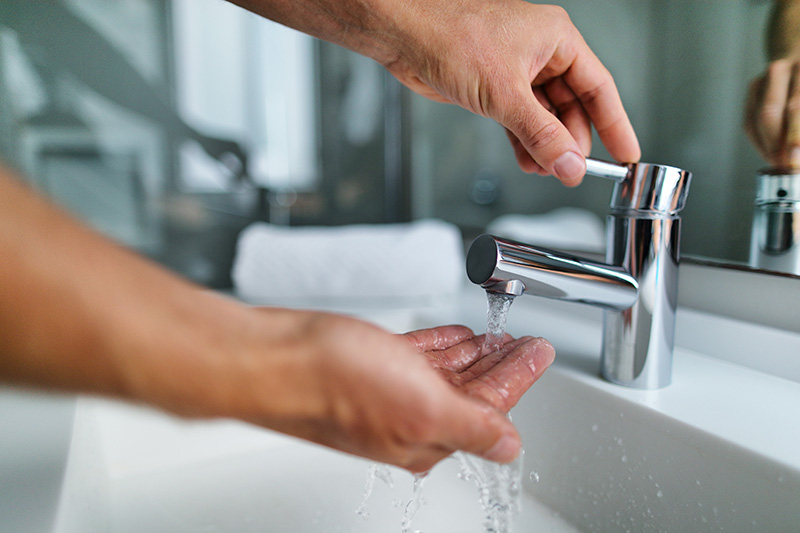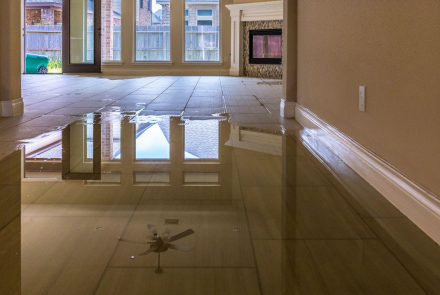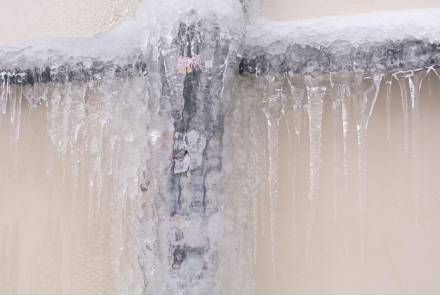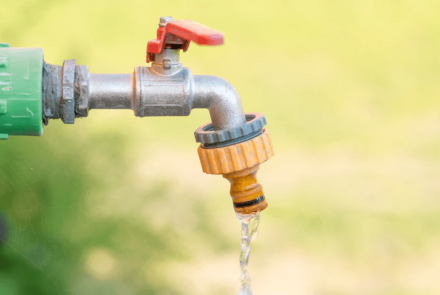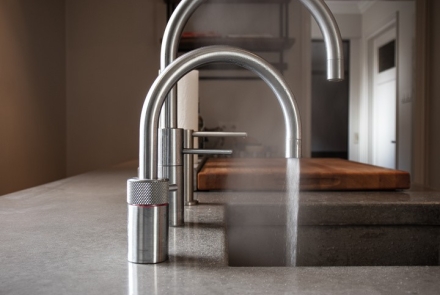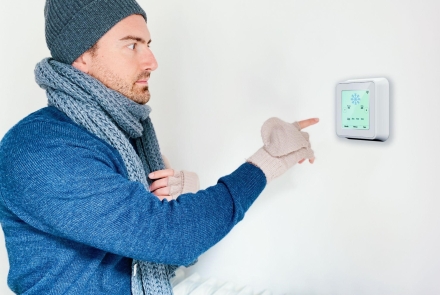Plumbing systems tend to work better with water that doesn't contain a lot of minerals. When there are many minerals in the water, it's called hard water. Hard water is the amount of various dissolved minerals in H2O, like calcium and magnesium. It's not always easy to tell if this is a problem that's affecting your plumbing. But, there are some ways to determine if this is something to discuss with a plumber. We go over the basics of hard water below – and offer tips for dealing with it.
The Basics of Hard Water
Water is more than a couple of hydrogen atoms plus a single oxygen molecule thrown into the mix. There are many things that can get into water as it makes its way to your home and plumbing system. The calcium and magnesium get into water through groundwater when exposed to limestone. Excess minerals can also get into your water if you have older or corroded plumbing.
Why Hard Water Isn't Good
Now, calcium and magnesium are actually beneficial and not considered harmful. In fact, you need some of these minerals for various processes that happen in your body. But, bacteria thrives in environments where there are large amounts of these minerals. This can be problematic. Excessive minerals can also worsen corrosion and affect your pipes and fixtures.
Signs Suggesting Hard Water Is an Issue
Some of the signs suggesting you have hard water are more subtle in nature. Some are more obvious if you know what to pay attention to. Take a moment to consider if any of the following signs associated with mineral heavy water apply to you:
- Water with a strange odor or taste
- Brown or reddish stains on porcelain surfaces in sinks and your tub or shower
- Recurring issues with soap scum – caused when calcium-rich water evaporates
- Having to take longer showers since hard water reacts in a not-so-good way with soap
- Frequent plumbing issues with clogs from scale deposits
You may also notice more skin irritations in your household from hard water exposure. Additionally, you may have trouble getting your clothes clean. This is because of the way calcium and magnesium mix with laundry detergent. You may also have hard water issues if your appliances are wearing out faster than what's typical. Pay close attention to those appliances that often use water to operate. This includes washing machines, dishwashers, or even a coffee maker.
What to Do about Hard Water Problems
Water treatment or conditioning is the most effective way to deal with hard water. There are many options to consider. One possibility is a whole-home filtration system. This treats all the water that comes into your home. Water softeners or filtration devices can also be in certain rooms. They are best for use in your kitchen on or above the counter.
Call Us Today
Do you have or suspect issues with hard water? Contact the plumbing pros from Robert Bair. We'll let you know if you need a water treatment or filtration device or system. We're also at your service if you have any other plumbing needs topping your list. We can get taken care of as soon as possible by an experienced plumber. Call today to schedule an appointment to discuss your hard water concerns

